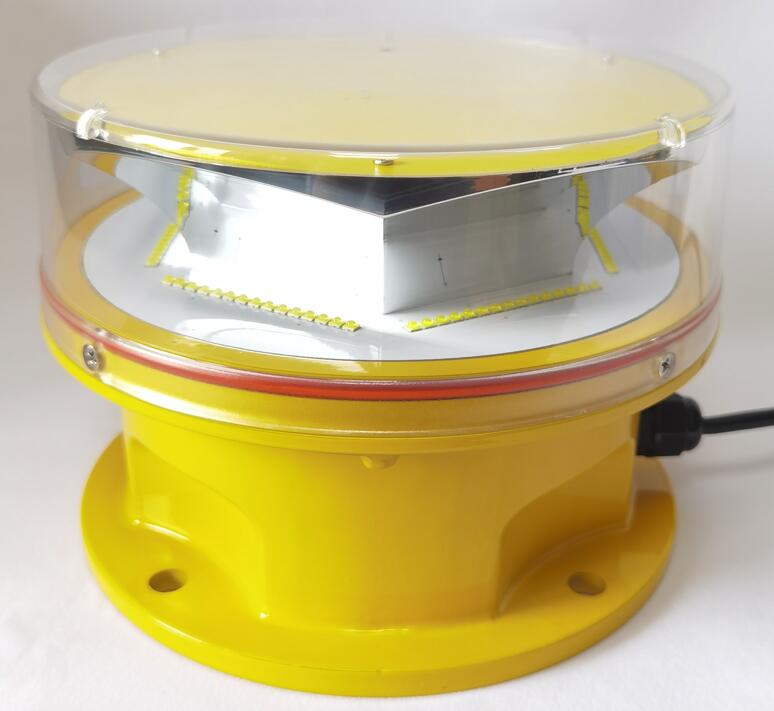Posted: 2025-06-27
Water towers represent critical aerial obstructions, requiring precise lighting systems to prevent collisions. The FAA water tower lighting requirements establish technical benchmarks that balance visibility, energy efficiency, and environmental considerations. This article examines the 2024 standards and their operational implications.
1. Regulatory Framework
Applicable Standards
FAA AC 70/7460-1L: Mandates lighting for structures exceeding 200ft AGL (Above Ground Level)
14 CFR Part 77: Defines obstruction marking criteria
ICAO Annex 14: Harmonizes with international standards for towers near airports

Key Lighting Parameters
Feature Daytime Nighttime
Light Intensity 20,000 cd 2,000 cd
Flash Rate 40-60 fpm 40-60 fpm
Color White (L-864) Red (L-810)
*Note: Dual lighting (white/red) required for towers >350ft*
| faa water tower lighting requirements | faa water tower lighting requirements |
2. Technical Implementation
System Components
Lighting Arrays
360° coverage with ≤30° vertical beam spread
LED clusters with 100,000-hour MTBF
Power Systems
Grid-tied with 72hr battery backup
Solar hybrid option for remote locations
Control Modules
Photocell-activated dusk-to-dawn operation
Remote monitoring via cellular/Satcom
Installation Protocols
Top-mounted fixtures above highest water level
Mid-level lights for towers >250ft
Corrosion-resistant hardware (ASTM A153 compliant)
3. Special Case Adaptations
Scenario Modification
Near airports (<3nm) Synchronized flashing with ALS
Historic structures Low-profile LED contour lighting
Migratory bird zones Amber filters (FWS approved)
4. Compliance Verification
Annual photometric testing (FAA Form 7460-2)
NOTAM submission for maintenance outages >15min
Bird strike mitigation reporting (per MBTA guidelines)
The FAA water tower lighting requirements exemplify how adaptive regulations address both aviation safety and environmental concerns. Modern LED technologies now enable compliance with 60% less energy than legacy xenon systems.